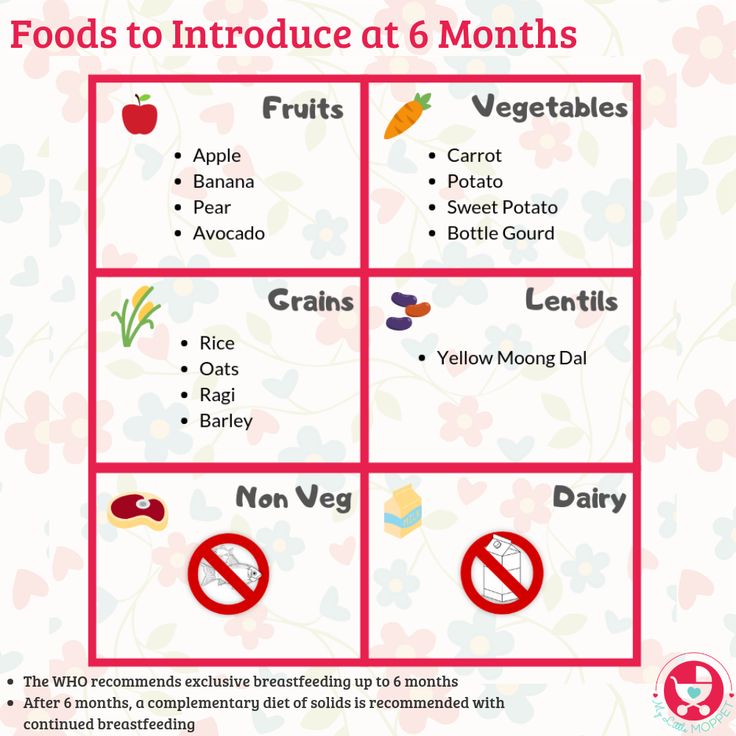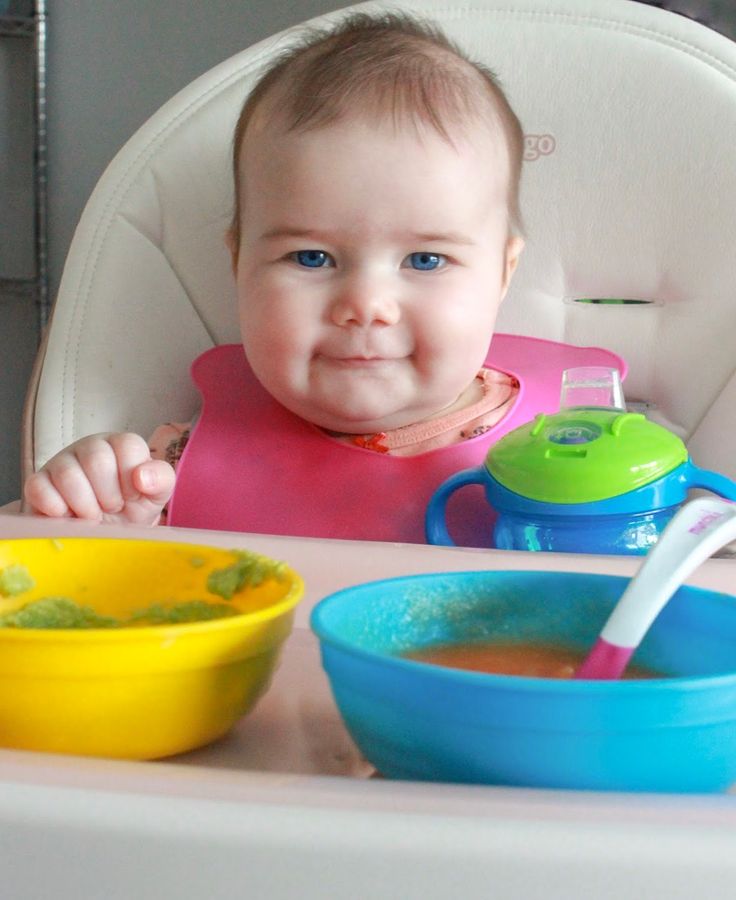How to know if your over feeding baby
How To Tell If You're Overfeeding Baby
We spend so much time fussing over whether baby is getting enough formula or breast milk—and for new parents it can be hard to tell what’s actually enough. Many parents may try to coax baby to finish their bottle or worry that baby isn’t eating enough, when really, baby has just had their fill. So can that well-intentioned fussing possibly lead to overfeeding baby?
Keep in mind that signs of a healthy baby may differ across cultures. “Different cultures have different feelings about how much a baby should eat, how often they should eat and what they should look like,” says Alanna Levine, MD, a pediatrician at Orangetown Pediatric Associates in Orangeburg, New York. Some parents consider a roly-poly baby a sign of a job well done, while other parents see a round baby and visualize an obese teen.
While cultural perceptions of a healthy baby may vary, when it comes to feeding, there are few things to keep in mind. Read on to learn how overfeeding baby can happen, signs to look for and what to do going forward.
In this article:
Can you overfeed a baby?
What leads to overfeeding?
Signs of overfeeding baby
How to avoid overfeeding baby
Can You Overfeed a Baby?
You can probably breathe a sigh of relief: Overfeeding baby is almost impossible, and most of the anxiety over babies’ food intake and appearance is pointless. “If baby is gaining weight and growing and your pediatrician isn’t concerned, you don’t need to worry,” Levine says. Different babies grow at different rates and eat different amounts at different times.
Babies come with an incredibly sophisticated self-regulation system: When they’re hungry, they eat, and when they’re full, they stop. (Sadly, we’ve lost this mechanism by the time we become parents.) So when babies turn away from the bottle or breast and refuse to even consider another nip, they’re telling you they’re full. When baby keeps coming back for more, that’s a sign they’re truly hungry (even if they just finished a full six ounces!).
Overfeeding breastfed babies vs. formula-fed babies
Pediatricians Dina DiMaggio, MD, and Anthony F. Porto, MD, MPH, authors of The Pediatrician’s Guide to Feeding Babies and Toddlers, echo the importance of listening to your child’s cue, regardless of whether they’re breastfed or formula-fed. “We are often asked, ‘how come my child didn’t finish their bottle of formula?’ but are rarely asked that when children are breastfed.” (Probably because it’s a lot easier to see—and worry about—how much milk went into a bottle.)
On average, a full-term newborn drinks 2 ounces of formula per bottle every three to four hours, or breastfeeds on demand (about eight to 12 times a day), according to DiMaggio and Porto. At one month old, baby will likely drink 3 to 4 ounces of formula per bottle every three to four hours, while a breastfeeding baby may feed approximately seven or eight times a day. This pattern of baby drinking more ounces of formula or breastfeeding fewer times a day lasts until they are eight to 12 months old, at which point baby may drink seven to eight ounces of formula per bottle or breastfeed three to four times a day.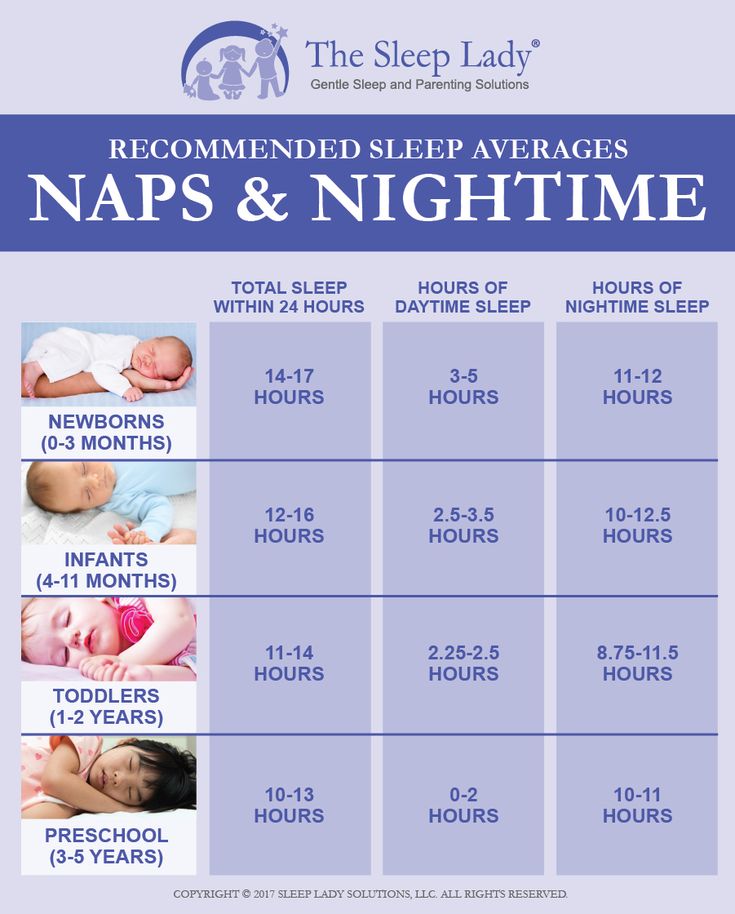
While these figures will vary with each child, it’s important to remember it’s perfectly normal for baby not to finish their bottle, as long as they’re hydrated and eating enough throughout the day. “Infants have a better understanding of when they’re full and, unlike most adults, don’t just eat whatever serving size is put in front of them,” DiMaggio and Porto say.
What Leads to Overfeeding?
Overfeeding baby is very rare, but it can happen. It’s more common in bottle-fed babies, simply because it’s easier for parents to see how much food their child is consuming. It also takes less effort to drink from a bottle, so babies (who love to suck) may inadvertently get too much milk while feeding.
If you’re concerned about possibly overfeeding baby, talk to your pediatrician. The doctor will look at baby’s length, weight and development, but as long as baby is thriving, they’re probably eating just fine.
Signs of Overfeeding Baby
The good news is, since you’ll likely be visiting a pediatrician often in first few months, you can track baby’s weight gain and feeding patterns.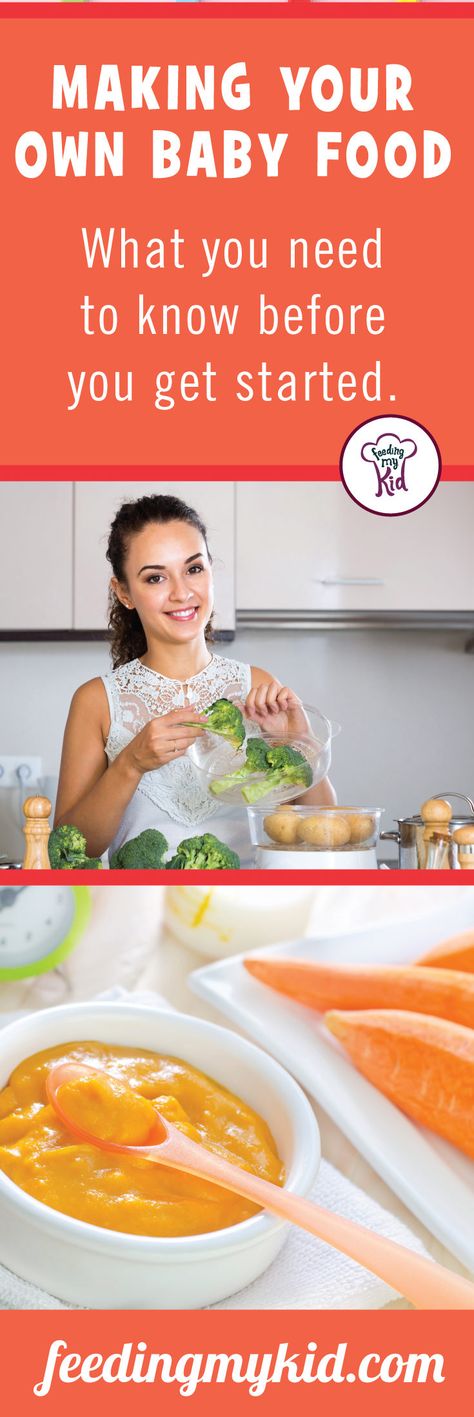 But don’t rely on weight as an indicator of whether you’re overfeeding baby. Instead, spitting up could be a sign you’ve pushed baby to take in extra food—for example, if baby spits up after draining a bottle you kept offering after they turned away. But more often than not, spitting up is a typical infant reaction or reflux.
But don’t rely on weight as an indicator of whether you’re overfeeding baby. Instead, spitting up could be a sign you’ve pushed baby to take in extra food—for example, if baby spits up after draining a bottle you kept offering after they turned away. But more often than not, spitting up is a typical infant reaction or reflux.
If you’re worried baby is eating too much for their age or has symptoms of vomiting, your pediatrician might recommend limiting how many ounces baby is drinking or how many times they feed, DiMaggio and Porto say. In most cases, however, as long as baby is healthy and doing well, feeding changes aren’t necessary.
How to Avoid Overfeeding Baby
If you learn you’ve been overfeeding baby, make a point of respecting your child’s feeding cues going forward. “If baby turns away before the bottle is finished or before your usual nursing time is up, accept the fact that they may not be hungry now,” Levine says. Don’t focus on the numbers: It doesn’t matter how many ounces baby finishes at each feeding.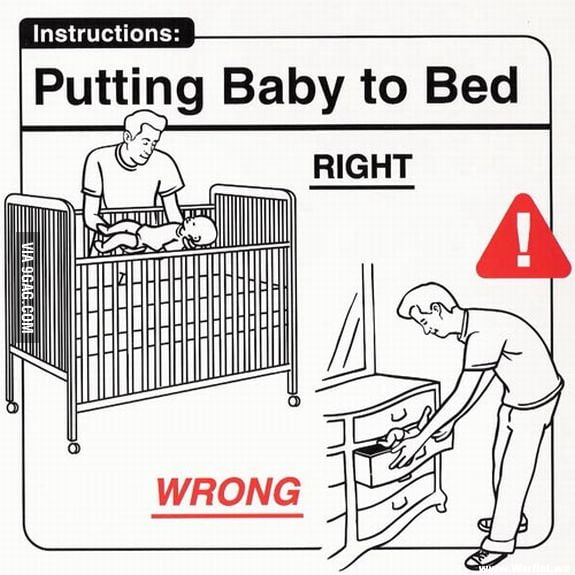 What matters is that baby is healthy and happy overall.
What matters is that baby is healthy and happy overall.
Updated February 2020
Expert bios:
Alanna Levine, MD, is a pediatrician at Orangetown Pediatric Associates in Orangeburg, New York, and works on staff at Englewood Hospital and Medical Center in New Jersey. In addition, she serves as a spokesperson for the American Academy of Pediatrics.
Dina DiMaggio, MD, and Anthony F. Porto, MD, MPH, are co-authors of The Pediatrician’s Guide to Feeding Babies and Toddlers: Practical Answers to Your Questions on Nutrition, Starting Solids, Allergies, Picky Eating and More, as well as spokespeople for the American Academy of Pediatrics. DiMaggio is a clinical assistant professor in the department of pediatrics at NYU Langone in New York City, and Porto is a pediatric gastroenterologist at Yale New Haven Health and medical director of the Yale Pediatric Celiac Program in New Haven, Connecticut.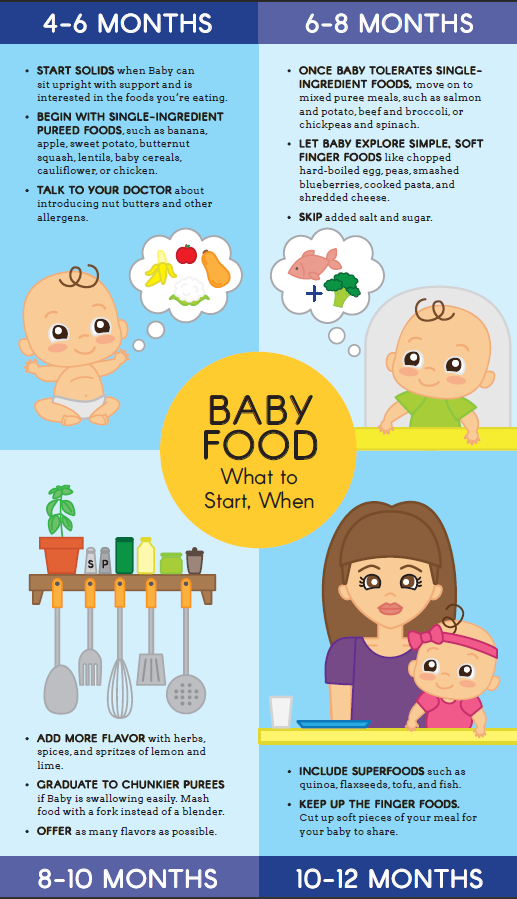
Please note: The Bump and the materials and information it contains are not intended to, and do not constitute, medical or other health advice or diagnosis and should not be used as such. You should always consult with a qualified physician or health professional about your specific circumstances. Plus, more from The Bump:
Your Ultimate Guide to How to Bottle-Feed a Baby
Breastfeeding 101: How to Breastfeed Baby
What You Need to Know About Baby Growth Spurts
Can You Overfeed a Baby?
Categories: Babies, Nutrition, Tips / How-TosBringing a baby home for the first time—and the blur of days, weeks and months that follow—is an exhilarating, nerve-wracking, sleep-deprived time. Especially for first-time parents, now is when the self-doubt, panicked questions and midnight Google sessions may begin to ramp up.
Why is my baby not eating? Is my baby getting enough nutrients? Am I doing this right?!
In this FAQ, we focus on questions around overfeeding a baby—something many new parents worry about (but don’t need to focus on!). If there’s one thing you should take away from this post, it’s that babies are extremely good at self-regulating their intake. You rarely (if ever!) have to worry about overfeeding your baby—but if you’re looking for a little more insight, check out our deep dive into the topic.
1. Can you overfeed a baby?
While it is certainly possible to overfeed a baby, most infant nutrition experts agree that it is fairly uncommon. As we noted earlier, babies are innately capable of self-regulating their intake; they eat when they’re hungry and stop when they’re full.
Just because it’s rare, however, doesn’t mean that it never happens. The likelihood of overfeeding a baby depends on the type:
- Breastfeeding: It’s very to hard to overfeed a breastfed baby.
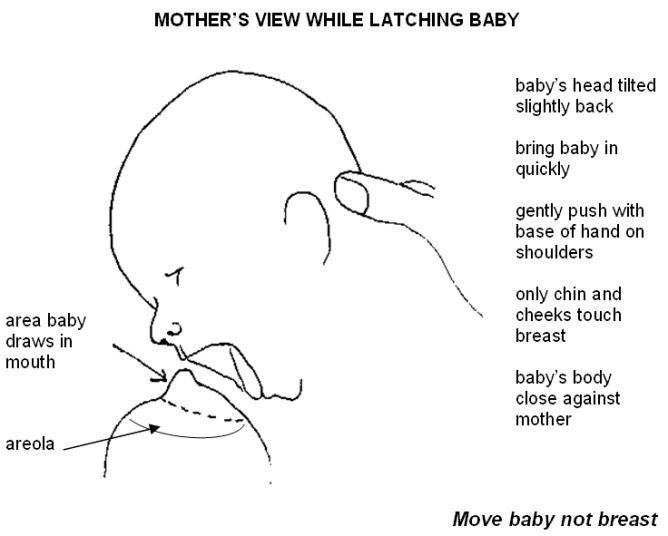 When they’ve reached fullness, they’ll pull away or simply stop sucking.
When they’ve reached fullness, they’ll pull away or simply stop sucking. - Bottle feeding: Whether breastmilk or formula, bottle-fed babies can be more prone to overfeeding. We’ll discuss several reasons why in question #3.
2. What are the most common signs of overfeeding a baby?
So how can you tell if you’re overfeeding your little one? Watch out for these common signs of overfeeding a baby:
- Gassiness or burping
- Frequent spit up
- Vomiting after eating
- Fussiness, irritability or crying after meals
- Gagging or choking
Many babies do these things on a regular basis—which is why there’s no reason to panic the moment your baby exhibits these signs. Especially in the first few months of life, it’s common for your baby to spit up regularly without being overfed (keep your burp clothes handy!). If you’re still worried, simply keep an eye on if the behaviors repeat over time, and check with your pediatrician before making any significant dietary changes.
3. What leads to overfeeding a baby?
Again, overfeeding a baby is uncommon, but here are some circumstances in which it might occur:
- Misread cues: Many parents misinterpret crying or waking as hunger cues and immediately offer food to soothe the baby. Although these behaviors can indicate hunger, they just as often have nothing to do with it.
- “Normal” eating expectations: Many parents have a set expectation of what a baby “needs” to eat, leading them to focus on hitting a particular target of exactly 6 ounces per sitting or exactly XYZ ounces per pound of body weight. Fixating on set nutrition goals may cause parents to overlook or ignore signs of satiation (which we discuss in question #4).
- “Normal” weight expectations: When babies lag behind in the growth charts, many parents worry about their lack of weight gain, which may cause them to encourage excessive feeding to catch up, despite it being perfectly normal for babies to put on weight at different rates.
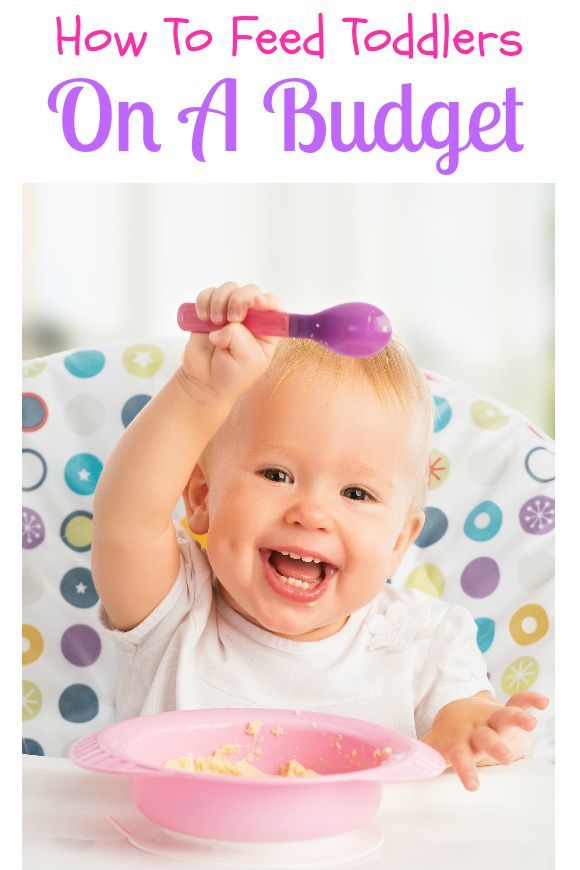
- Difficulty with the bottle: When babies drink from a bottle, they have less control over the amount of milk consumed in each gulp. Well-intentioned parents may also coax their baby into finishing the entire bottle, regardless of hunger or fullness. Instead of trying to control your baby’s intake, allow them to dictate their natural feeding needs.
4. How do I know when my baby is full?
Fortunately, it’s not difficult to avoid overfeeding a baby as long as you know what to look for. Instead of relying on recommended nutrition targets or “normal” growth markers to build your feeding routine, pay attention to how your baby responds before, during, and after meals.
How your little one responds will help you determine whether your baby is hungry or full. A baby who is full may:
- Push the bottle or breast away
- Turn their head away from presented bottle or breast
- Spit out milk or formula
- Seem disinterested during feedings
- Fuss or squirm
- Begin falling asleep
- Decrease or stop sucking
- Extend and relax their fingers, arms and legs
- Arch their backs
As soon as you’ve noticed these signs of fullness, try to wrap up the feeding session.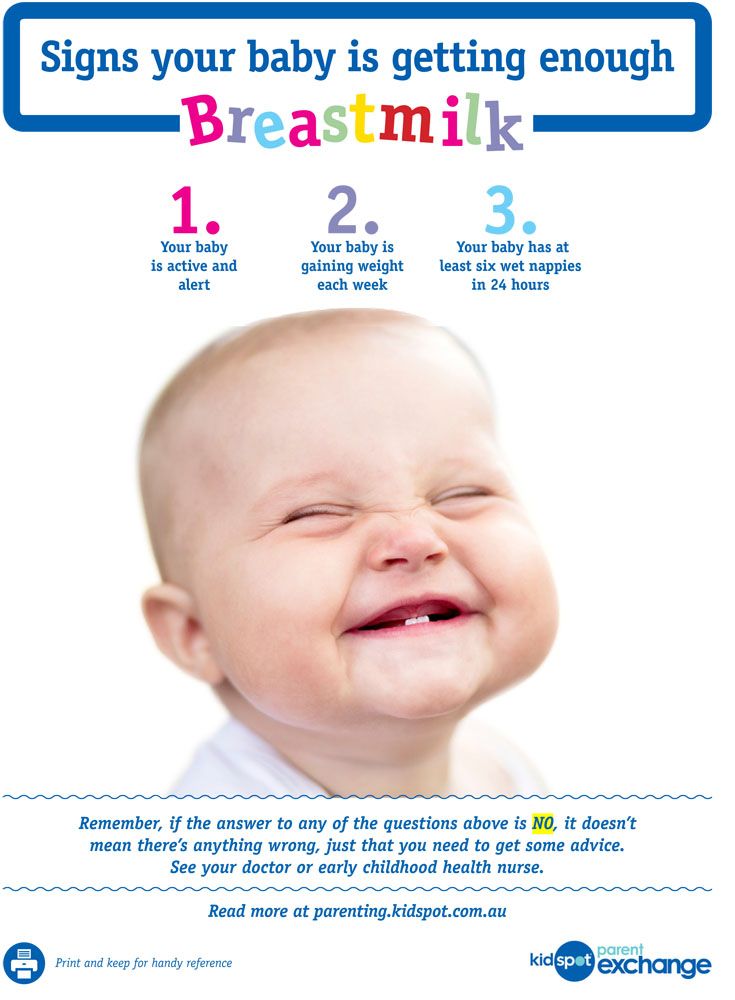 Avoid trying to finish the bottle or presenting the breast again—instead pay attention to your child’s fullness cues.
Avoid trying to finish the bottle or presenting the breast again—instead pay attention to your child’s fullness cues.
5. Can you overfeed a baby when starting solids?
Between 4 and 6 months of age, most babies begin to signal that they’re ready to start solids. Similar to bottle or breastfeeding, it is possible but relatively uncommon to overfeed a baby solids. To help give your baby the right nutrients, keep these two tips in mind:
- Focus on fullness cues. In many cases, the temptation to overfeed comes when caregivers rely on prepackaged jars to determine the proper portions. Rather than encouraging your baby to finish the entire jar of baby puree, watch for and honor the signs of fullness discussed above.
- Prioritize breast milk or formula. Even after you’ve introduced your baby to solids, the majority of nutrition during the first year of life should still come from breast milk or formula.
Becoming a parent for the first time is challenging and often anxiety-inducing, but understanding your baby’s hunger and fullness cues can help relieve any fears you may have about overfeeding your baby.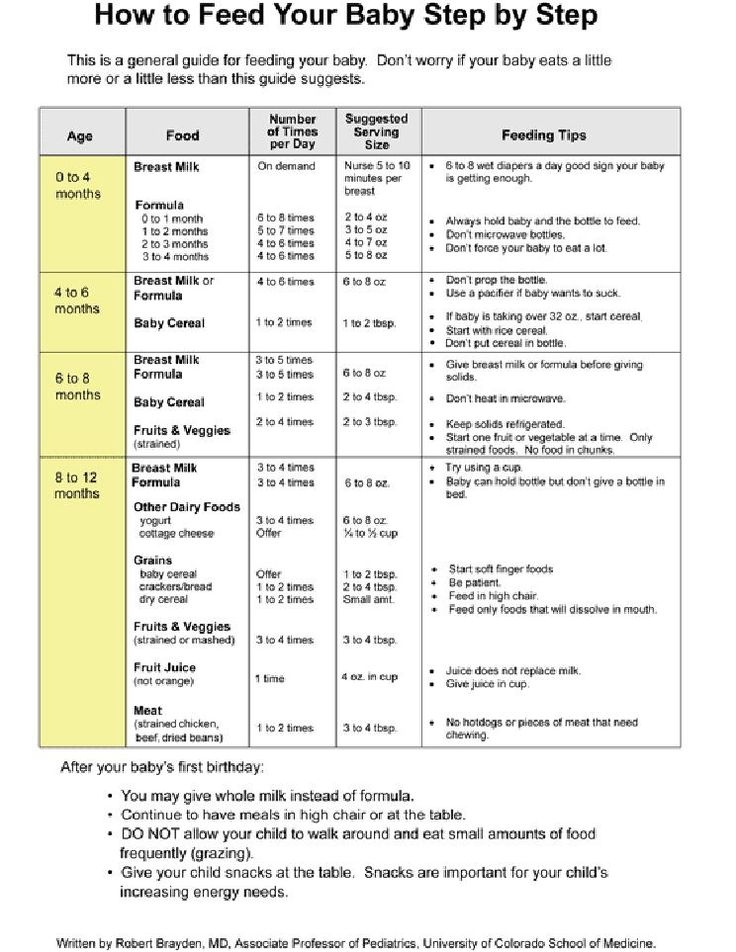 Pay attention to your little one’s gestures and behaviors, and mealtime will become a less worrisome, and more joyful time for all!
Pay attention to your little one’s gestures and behaviors, and mealtime will become a less worrisome, and more joyful time for all!
If you have questions or would like further guidance on feeding your baby, feel free to contact our Nurture Life team at [email protected].
Lara Field
Lara has been working with Nurture Life since its inception, collaborating with the culinary team on the creation of all menus and recipes to ensure they are nutritionally appropriate and correctly proportioned for every age and stage of a child’s development and providing pediatric nutrition expertise to Nurture Life customers. Lara is the owner/founder of FEED—Forming Early Eating Decisions, a nutrition consulting practice specializing in pediatric nutrition and digestive diseases. Lara has over a decade of experience in clinical practice at two of the top ranked pediatric hospitals in the country, Lurie Children’s Hospital and University of Chicago Medical Center. Lara received her B.S. from the University of Illinois at Urbana-Champaign and M.S. and dietetic internship from Rush University Medical Center in Chicago, Illinois. Lara truly enjoys the process of eating (and feeding!), from procuring the ingredients at various grocery stores and farmers markets, to organizing her pantry/refrigerator at home to make it easy to select healthy options, to preparing balanced meals with her children. Whether it be a decadent treat to a hearty, home-cooked meal, there is no greater satisfaction for Lara than enjoying food with her family.
Lara received her B.S. from the University of Illinois at Urbana-Champaign and M.S. and dietetic internship from Rush University Medical Center in Chicago, Illinois. Lara truly enjoys the process of eating (and feeding!), from procuring the ingredients at various grocery stores and farmers markets, to organizing her pantry/refrigerator at home to make it easy to select healthy options, to preparing balanced meals with her children. Whether it be a decadent treat to a hearty, home-cooked meal, there is no greater satisfaction for Lara than enjoying food with her family.
Back to Posts
Stay updated:
Thank you for subscribing!
Something went wrong. Please try again.
Breast milk production | Baby's needs
Did you know that the amount of breast milk adapts to your baby's needs? In this article, you will learn amazing facts about breast milk production in the first days, weeks and months.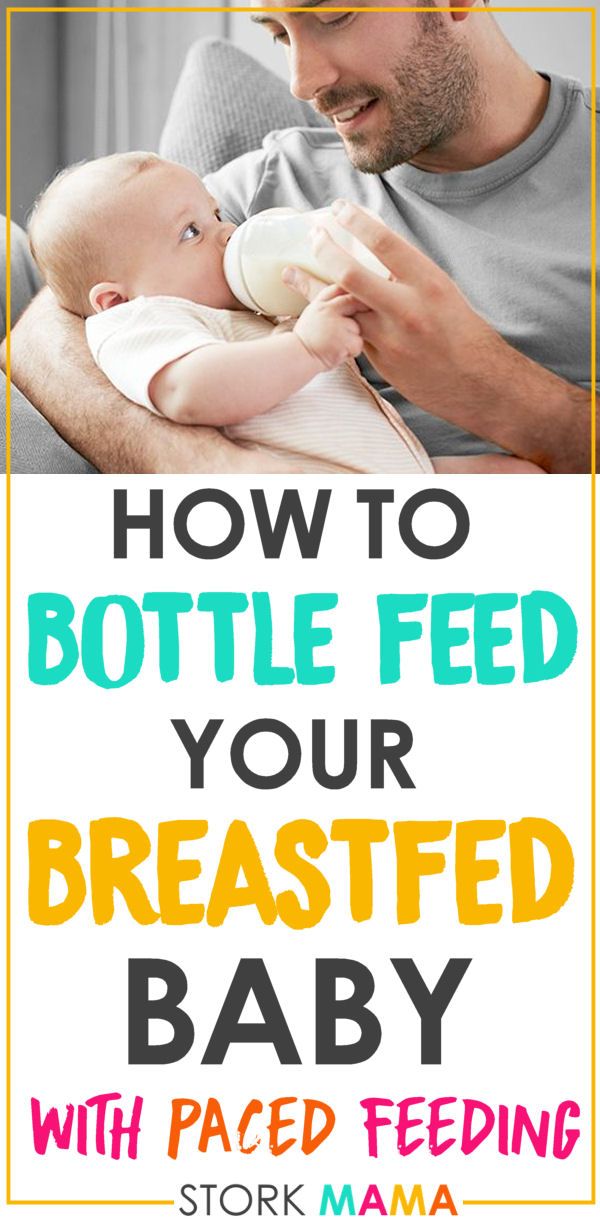
Share this information
Your body is capable of producing breast milk for your baby at every stage of development. Understanding how milk production “turns on”, what happens to milk when you feed your baby, and why production adjusts to his needs as he grows, will help you start this amazing process in the right way.
Day one: milk production at birth
The baby is usually ready to breastfeed from birth. When he grabs the breast and begins to suck rhythmically, the milk-producing cells “turn on” and the formation of the first breast milk, colostrum, starts. 1 Try to feed your baby as much as possible in the first hour of his life, and then as soon as he shows interest in feeding. This will help lay the foundation for good milk production later on. 2
The first days: the arrival of milk
At this stage, your body's level of progesterone, the
pregnancy hormone, which begins to fall after the placenta comes out, is reduced, and the hormones responsible for milk production - prolactin, insulin and hydrocortisone - are included in the work.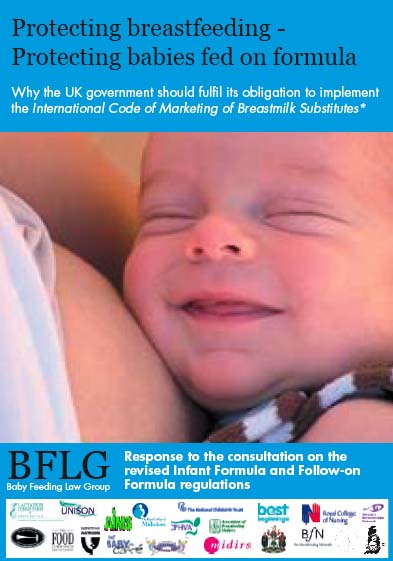 These hormones will help start milk production. 3 Around the third day of your baby's life, milk will begin to come in and you will feel that your breasts have filled up and become noticeably firmer. 1
These hormones will help start milk production. 3 Around the third day of your baby's life, milk will begin to come in and you will feel that your breasts have filled up and become noticeably firmer. 1
First month: shaping milk production
During the first weeks, your body will be especially sensitive to the amount of milk produced as it learns to produce the right amount. Prolactin levels increase dramatically each time you empty your breasts, thereby helping shape the lactation process. It also contributes to the maturation of your milk in terms of composition. At this stage, transitional milk is produced and the amount continues to grow. 3.4
For good long-term milk production, it is very important that you are close to your baby during the first few weeks. The more often you breastfeed, the more milk will be produced. This process resembles the law of supply and demand. Each time after emptying the breast, whether it is feeding the baby or pumping, even more milk will be produced.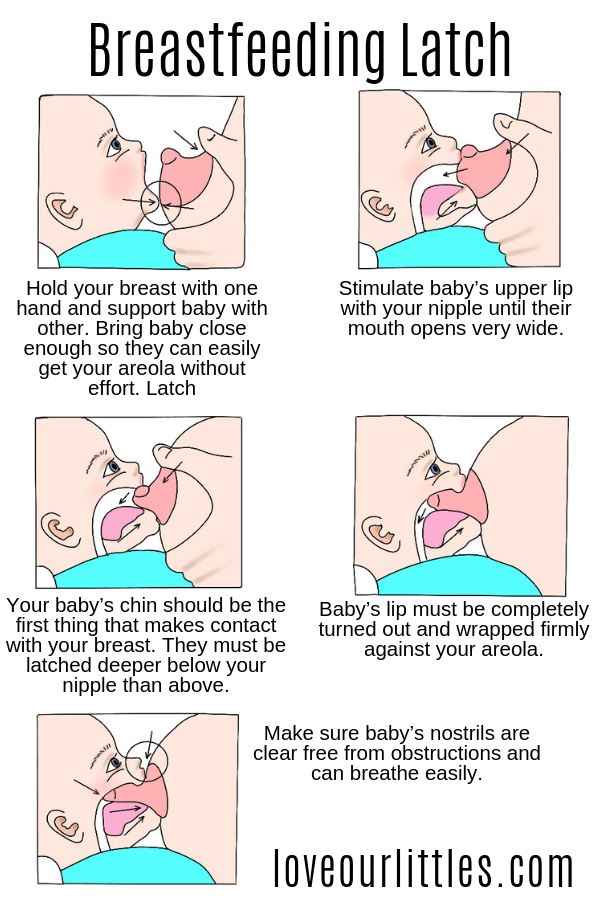
Remember that it is normal for newborns to eat frequently, perhaps even every 45 minutes, and this does not mean that they are not getting enough milk. Frequent feedings help shape milk production, so feed your baby on demand, not on a schedule.
“In the first few weeks you may feel like you don’t have enough milk because your baby will be feeding all the time, but that’s okay,” says UK mom-of-two Jo, “We tend to think that the baby wants to eat every few hours, but that is not necessarily the case."
Don't forget that babies also breastfeed for comfort. Breastfeeding helps them calm down and adjust to their new life outside the womb. In addition, feeding helps to establish a connection between you.
Stable milk production in the first month
If you follow your baby's needs and feed him as often and for as long as he wants, milk production should adjust. 5
Some mothers try to increase the period between feedings so that the breasts can produce more milk during this time, but this should not be done, as this may have the opposite effect.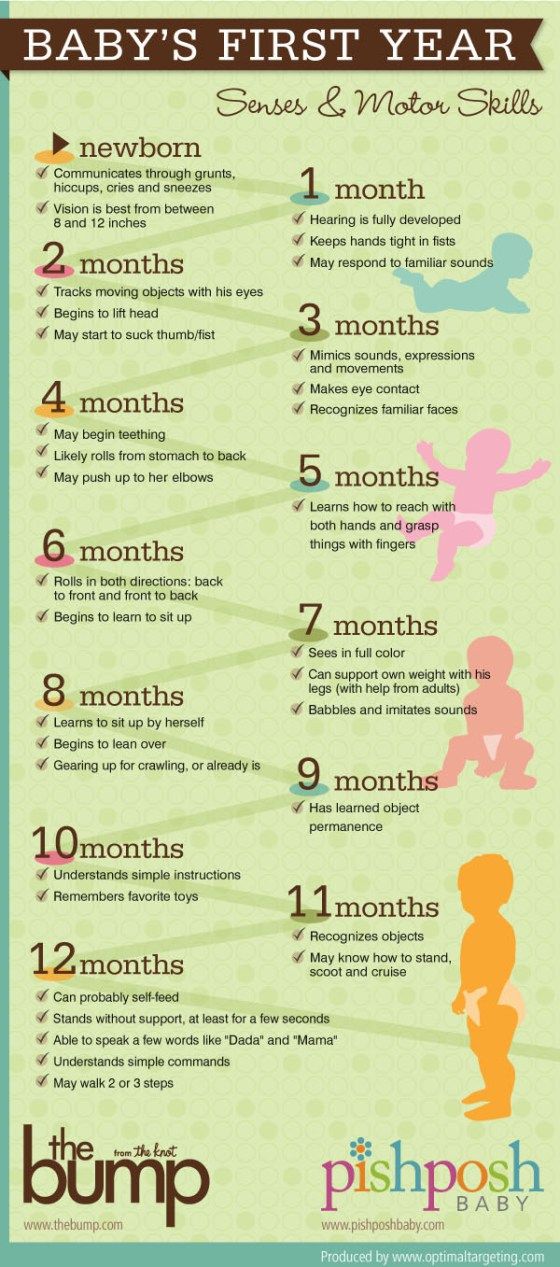 2
2
If you are unable to breastfeed directly for the first two weeks, express your milk to build and maintain your milk supply during this critical period and beyond.
Did you know that feeding your baby extra formula unnecessarily can reduce your milk production? The chest will not receive a signal to increase production, because it will not be emptied. In addition, if the baby sleeps longer after formula, he may miss his usual next feeding time.
This is a kind of “supplementing trap”. After three to four days of formula supplementation, during which the breasts have emptied less, the body will receive a signal that breastfeeding has stopped, and the amount of milk produced will begin to decrease. As a result, the baby will remain hungry and will need additional formula supplementation. And so on in a circle ... As a result, this will lead to really low milk production, and the baby will eat mainly the mixture.
Breast milk production after six weeks
After a month of breastfeeding, post-feeding bursts of prolactin secretion begin to decrease, milk matures, and the body gets used to producing as much milk as your baby needs.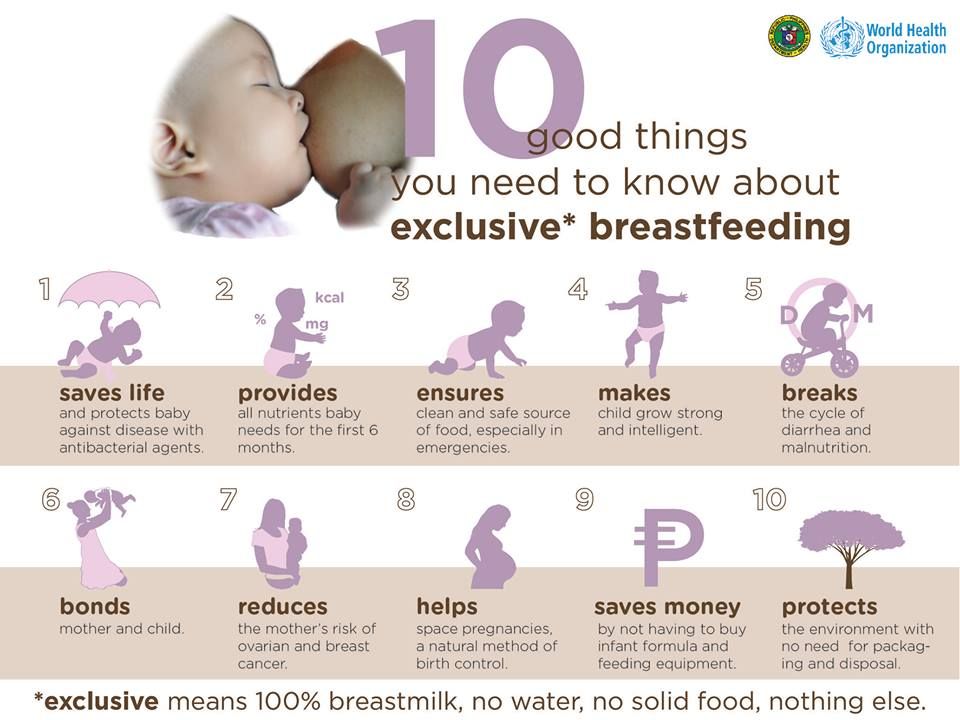 In fact, the chest begins to work "on autopilot." 4 You may also notice at this time that your breasts are softer and your milk flow has stopped.
In fact, the chest begins to work "on autopilot." 4 You may also notice at this time that your breasts are softer and your milk flow has stopped.
At this stage, women often have fears of "losing milk".
However, this only means that milk production has been established and now fully meets the needs of the child. It is noteworthy that although the baby continues to grow, he will consume approximately the same amount of milk both at six weeks and at six months. You may notice that the baby began to suckle the breast longer, but less often. On some days he may eat a little less than usual - his appetite changes in the same way as an adult.
Now your body will produce exactly the amount of milk,
as much as your baby needs. Therefore, the more milk the baby
drinks (or you express), the more it will produce.
How does this happen? The reason for this is thought to be the so-called "feedback lactation inhibitor" that controls milk production.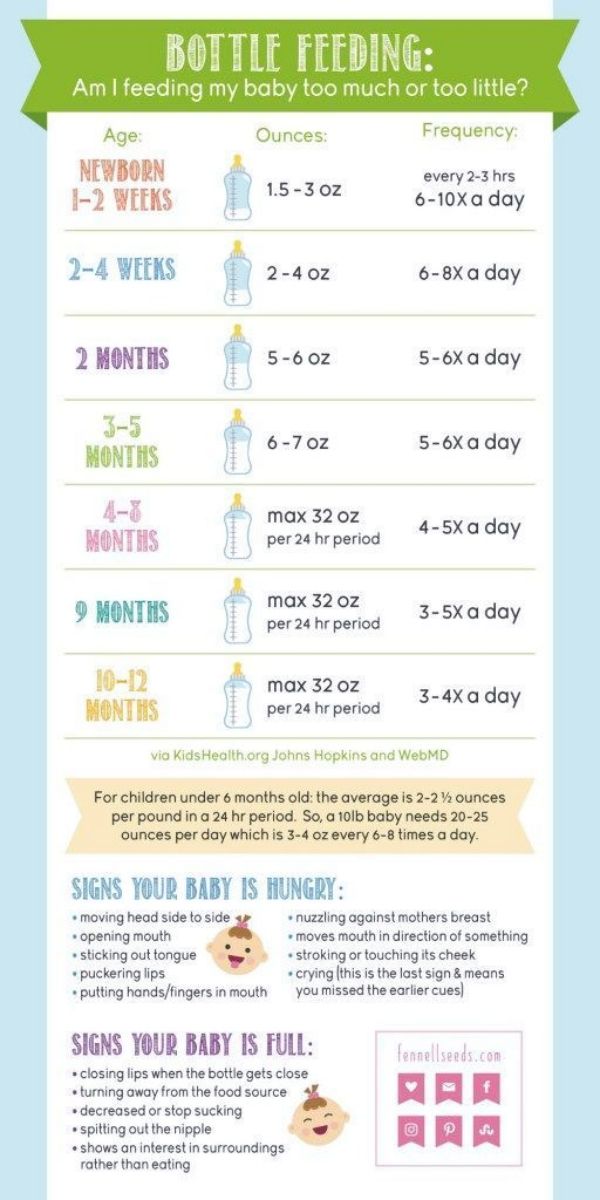 The more milk in the breast, 2 the higher the inhibitor level, so a full breast produces less milk than one that has been emptied.
The more milk in the breast, 2 the higher the inhibitor level, so a full breast produces less milk than one that has been emptied.
What is the rate of milk production?
Mothers often worry about their milk supply and think about how to increase it. However, if the baby is healthy and growing well, problems usually do not arise.
“I was worried that my newborn daughter was not getting enough milk as she was feeding very quickly and always from one breast even though I offered both,” says Marjorie, mother of two in the UK, “But when I pumped from using a breast pump, I was surprised at how much milk I produced, and calmed down. I just had to keep feeding her little and often.”
Keep in mind, however, that not all mothers are able to express a lot of milk right away. You can also try hand expressing milk and see if there is a change in breast fullness.
If you're worried about your milk supply, read our tips for symptoms of too little or too much milk.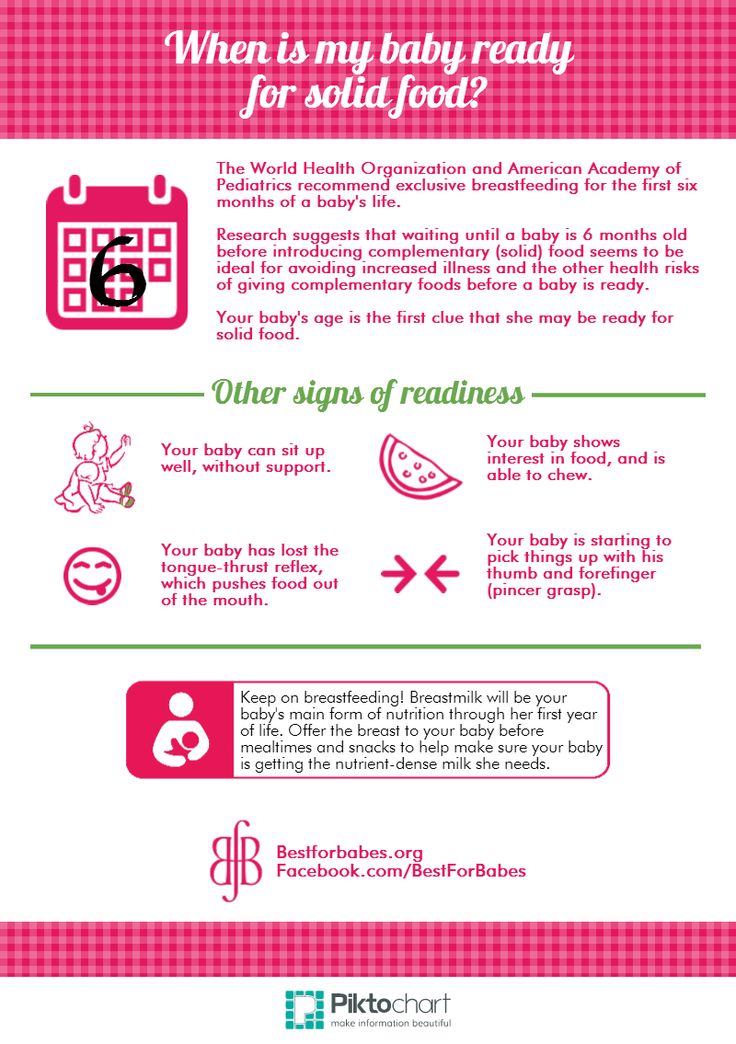
Literature
1 Pang WW, Hartmann PE. Initiation of human lactation: secretory differentiation and secretory activation. J Mammary Gland Biol Neoplasia 2007;12(4):211-221. - Pang, W.W., Hartmann, P.I., "Lactation initiation in the lactating mother: secretory differentiation and secretory activation." G Mammary Gland Biol Neoplasia. 2007;12(4):211-221.
2 Kent JC et al. Principles for maintaining or increasing breast milk production. J Obstet Gynecol Neonatal Nurs . 2012;41(1):114-121. - Kent J.S. et al., "Principles for Maintaining and Increasing Milk Production". F Obstet Ginecol Neoneutal Nurs. 2012;41(1):114-121.
3 Ostrom KM. A review of the hormone prolactin during lactation. Prog Food Nutr Sci . 1990;14(1):1-43. - Ostrom KM, "Review of the role of the hormone prolactin during lactation." Prog Food Nutr Sai. 1990;14(1):1-43.
1990;14(1):1-43. - Ostrom KM, "Review of the role of the hormone prolactin during lactation." Prog Food Nutr Sai. 1990;14(1):1-43.
4 Cox DB et al. Blood and milk prolactin and the rate of milk synthesis in women. Exp Physiol. 1996;81(6):1007-1020. - Cox D.B. et al., Effects of blood and milk prolactin on milk production in women. Exp Physiol. 1996;81(6):1007-1020.
5 Kent JC et al. Volume and frequency of breastfeedings and fat content of breast milk throughout the day. Pediatrics. 2006;117(3): e 387-95. — Kent J.S. et al., "Amount and frequency of breastfeeding and fat content of breast milk during the day." Pediatrix (Pediatrics). 2006;117(3): e 387-95.
What is normal breastfeeding? | Interview with Dr. Jacqueline Kent
It can be difficult for new mothers to know if the process of breastfeeding is normal, so we decided to ask the expert if it is possible to talk about the norms when it comes to breastfeeding.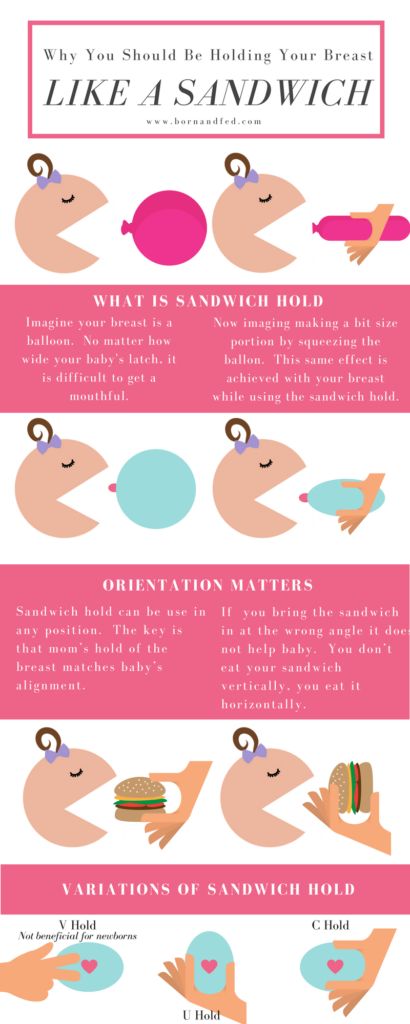
Share this information
Dr Jacqueline Kent , Research Fellow , Hartmann Human Lactation Research Group:
Jacqueline joined the University of Western Australia research group at 1986, and in 1999 received a Ph.D. She is currently researching the biochemical and physiological aspects of breast milk synthesis and release in search of scientific information to help mothers breastfeed longer.
Dr. Jacqueline Kent and her colleagues have been studying breastfeeding for many years. As it turned out, for all mothers and babies, this process occurs in its own way.
What were the most surprising results of your research?
Variety. It turns out that the limits of the norm are extremely wide.
We are used to textbooks that say that an infant should eat 8-12 times a day and gain 150 grams per week. But babies don't read textbooks and do things their own way! Some gain weight more slowly, others very quickly.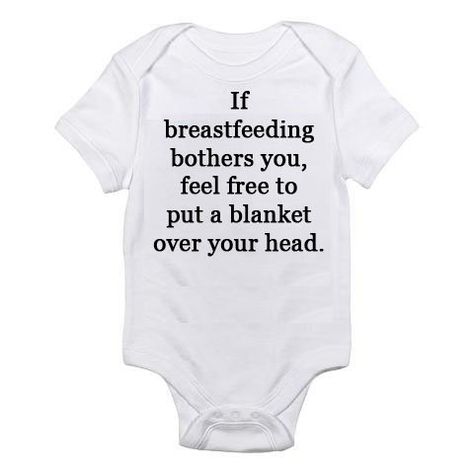
We followed exclusively breastfed infants aged one to six months. As our studies have shown, on average, a child is breastfed 4 to 13 times a day, and the duration of one feeding varies from 12 minutes to 1 hour. 1
How much milk do breastfed babies usually consume?
According to our research, the volume of milk consumed by baby
ranges from 54 to 234 ml per feeding. 1
Sometimes it seems to the mother that the baby ate well, but when weighed, it turns out that he ate very little milk. And it happens the other way around: the child is distracted, breastfeeds for only a few minutes and still eats 100 ml of milk. Even if the baby is restless, this does not mean at all that he is malnourished.
All babies are different, but they all get as much milk as they need in one way or another. One needs 500 ml of milk per day, while others eat up to 1356 ml!
By the way, boys on average eat 76 ml more milk per day than girls.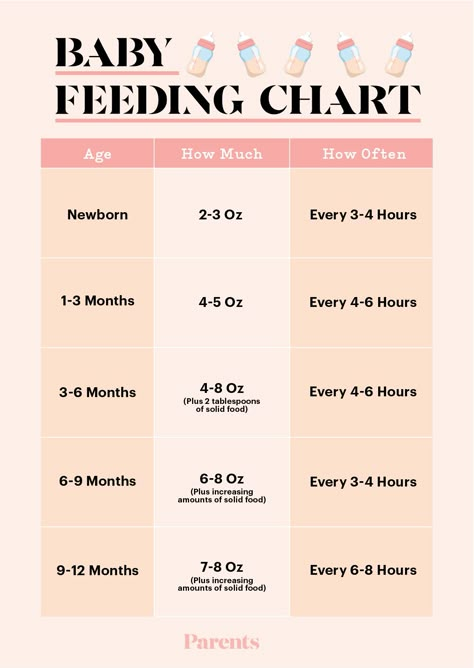 The main thing is that you have enough milk, and the baby will decide when and how much he will eat.
The main thing is that you have enough milk, and the baby will decide when and how much he will eat.
Should I offer my baby a second breast?
I advise offering the second breast to the baby after the first has been completely emptied. If he accepts it, then he hasn't finished eating. If not, don't worry. Let the baby decide for himself - only he knows when he is full. According to our research, 30% of babies get enough milk from one breast, 13% eat from two breasts at each feed, and 57% from time to time. 1
How do you know if a baby is getting enough milk?
In my experience, mothers often blame themselves for not producing enough milk. Ask yourself: Is my child growing? Is he putting on weight? Is he cheerful? Is his skin healthy? How often does he get diapers dirty? If the answer is “yes”, then the baby is getting enough milk, no matter if he eats a lot or a little.
What is the most common misconception about breastfeeding?
Mothers usually think that the older the child gets, the more often
he needs to be fed and the more milk he will eat. They are often surprised to learn that between the 4th and 26th weeks, total milk production normally does not change. 2
They are often surprised to learn that between the 4th and 26th weeks, total milk production normally does not change. 2
In the first few months, the baby grows very fast and his metabolism is accelerated. The milk that the child consumes during this period is almost completely used for growth and maintenance of metabolism.
Between the ages of three and six months, metabolism slows down and growth slows, so the same amount of milk is sufficient for the baby. In other words, the baby does not have to consume more and more milk as they grow older. On the contrary, feedings become shorter and less frequent, but at the same time the child receives the same amount of milk, because he suckles better.
Do studies say anything about the age at which breastfed babies start sleeping through the night?
Most babies need to be fed at night.
A baby's stomach is not big enough to go all night without a feed, and breast milk is digested very quickly.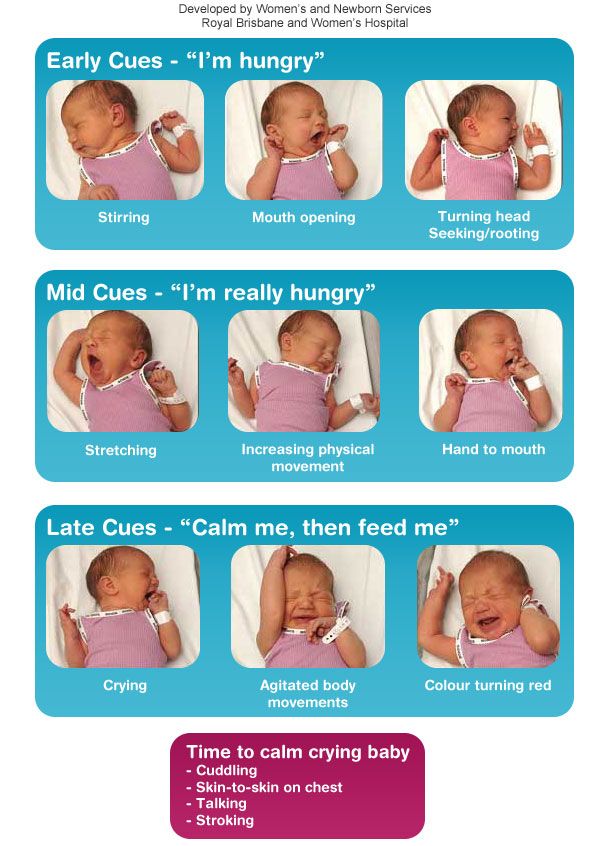 Therefore, it is natural for the baby to wake up at night - and this usually continues for at least the first six months. Feeding at night is normal. When you feed your baby at night, do not even hesitate - all over the world at this moment other mothers of babies of the same age are doing the same. Be patient - it usually only lasts a few months. 1
Therefore, it is natural for the baby to wake up at night - and this usually continues for at least the first six months. Feeding at night is normal. When you feed your baby at night, do not even hesitate - all over the world at this moment other mothers of babies of the same age are doing the same. Be patient - it usually only lasts a few months. 1
What worries new mothers the most during the first few weeks of breastfeeding?
The most common concern is whether the baby latch on correctly, sucks well, and is full during feeding. Often mothers also worry about sore nipples. The main thing is to find the right position for feeding from the very beginning and ensure that the baby is latching on correctly. Practice shows that this significantly affects the flow of milk and the convenience of feeding.
What breastfeeding symptoms should be of concern?
Milk production usually returns to normal levels two weeks after delivery. If the child does not begin to gain weight on the fifth or sixth day of life, it's time to sound the alarm. You should contact your doctor to make sure that milk is being produced and that its composition is changing from colostrum to mature breast milk.
You should contact your doctor to make sure that milk is being produced and that its composition is changing from colostrum to mature breast milk.
What advice would you give to a new breastfeeding mother?
Try to ensure skin-to-skin contact with the baby as soon as possible after delivery. If possible, feed your baby within the first hour of life, or at least breastfeed. As soon as possible, contact a specialist to correct the position and grip of the breast during feeding and thus avoid damage to the nipples.
Feed frequently. Young mothers do not immediately succeed in correctly recognizing the signals that the child gives. Be sure to feed your baby on demand, and not at set intervals. Offer the breast as soon as you notice any signs of hunger - as a rule, the baby suckles better when he is calm. If he cries, it is more difficult for him to take the breast. If you are not sure what the child wants, offer him the breast. He decides whether he wants to eat or not.





